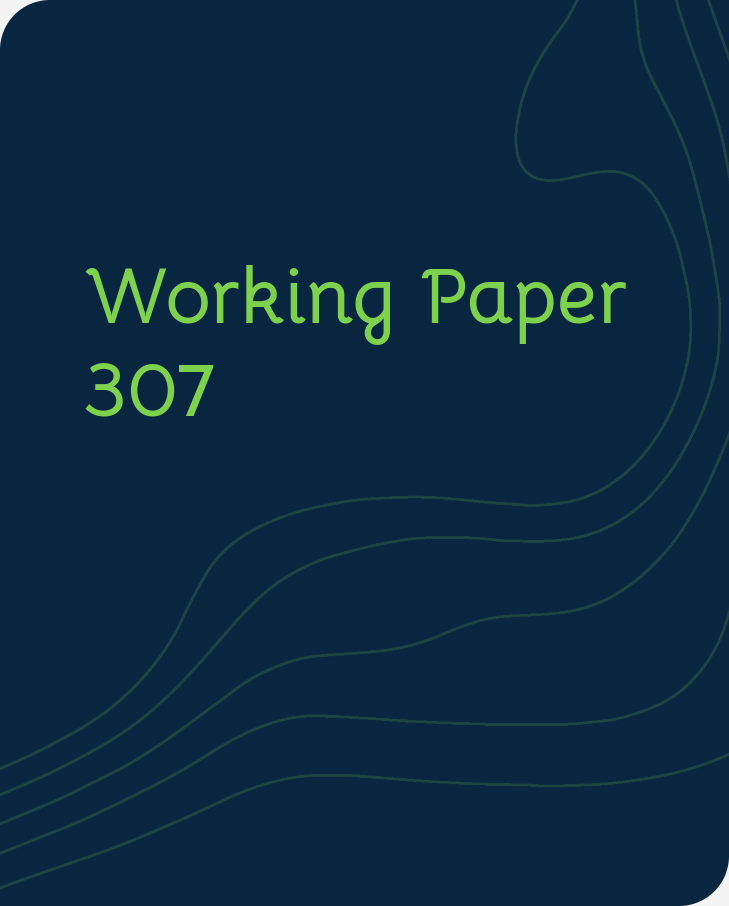Publication
Transition Report
Reform progress and transition indicators
Who we are
Overview: about the EBRDWho we are
Overview: about the EBRD
Learn about the EBRD's journey to investing more than €220 billion in over 7,800 projects.
What we do
Overview: how the EBRD operatesWhat we do
Overview: how the EBRD operates
Across three continents, the EBRD supports the transition to successful market economies.
Work with us
Overview: how you can work with the EBRDWork with us
Overview: how you can work with the EBRD
We draw on three decades of regional knowledge and financial expertise to tailor our products and approaches to each client's needs.
June, 2025

By Federica Coelli and Paul Pelzl
Using oil and gas shocks as an exogenous source of business cycles at the U.S. commuting zone level, we provide novel evidence that local booms increase local patenting, especially in non-metropolitan areas. This reflects agglomeration economies that make incumbent inventors more productive. In contrast to total patenting, innovation in oil and gas–the sector closest to the boom–is countercyclical, consistent with higher opportunity costs of innovation in a booming industry. Our findings shed new light on the spatial dimension of innovation, inform recent debates on place-based industrial policy, and help to reconcile mixed evidence on the cyclicality of innovation.
All Working Papers
The Working Paper series seeks to stimulate debate on transition in the EBRD regions.
For media enquiries related to this working paper, please contact Ksenia Yakustidi, Media Adviser at the EBRD’s Office of the Chief Economist
YakustiK@ebrd.com
